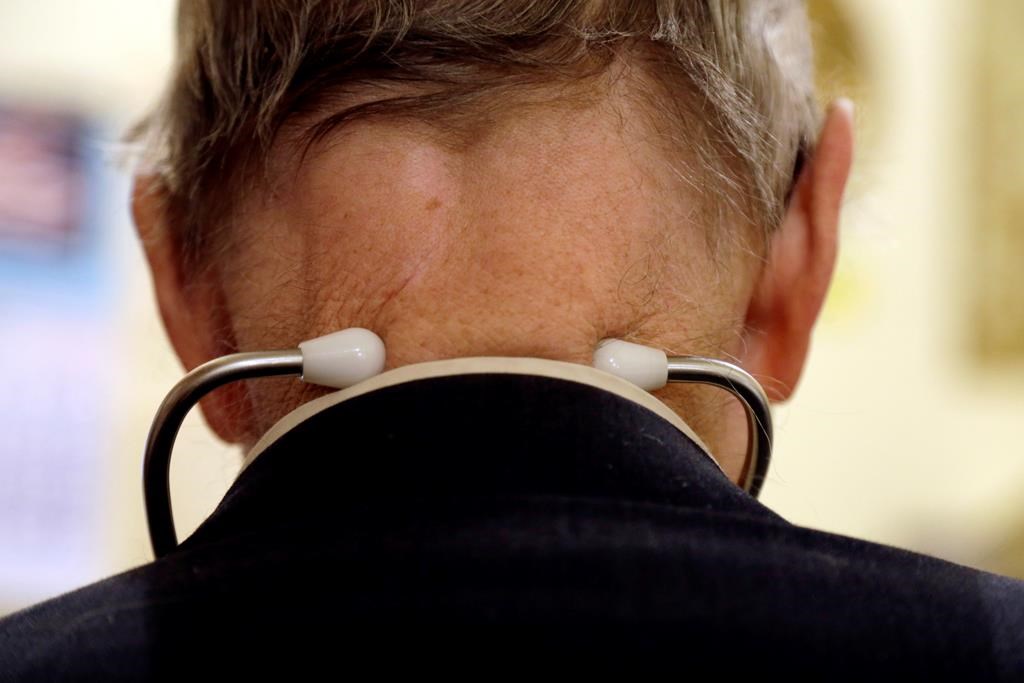Tuberculosis cases in Montreal at ‘very low level’ but still concerning: infectious disease specialist

Posted March 17, 2024 1:37 pm.
Last Updated March 17, 2024 7:55 pm.
Montreal’s regional public health department has recorded an increase in tuberculosis cases in the city.
In January there were 21 confirmed cases, compared to an average 11.5 cases per month in 2023.
“This is still something that’s at a very low level. It’s just proportionately there’s been several new cases over the last couple of months,” said Matthew Oughton, an infectious disease specialist at the Jewish General Hospital.
However Oughton is still concerned because “tuberculosis is a highly infectious bacterial disease.”
“Whenever you see it, you have to do some investigation to determine who else could have been infected by that person who is infectious. And because you want to try to prevent those people who are exposed from themselves going on to ultimately develop active tuberculosis infection.”
Montreal Public Health confirms most of the 21 cases in January were transmitted to people infected outside of Canada before coming to Montreal. Around 90 per cent of current cases were acquired abroad.
“This is a disease that has a lot of connection with people’s socioeconomic status,” Oughton said. “Canada historically has very, very low levels of tuberculosis compared to most other countries around the world, but worldwide, roughly 30 per cent of the global population has actually been exposed to tuberculosis at some point.”
RELATED: COVID-19 pandemic stalled progress on eliminating tuberculosis among Inuit: officials
Tuberculosis generally affects the lungs and in some cases, if left untreated, can be deadly.
TB symptoms include fever, cough and weight loss that can be similar to other infections, so a tuberculosis diagnosis is difficult without a specific test.
“If you know that you have been exposed to tuberculosis, or if someone with whom you live and share sort of close proximity with has been diagnosed by a doctor with tuberculosis, then you really should get medical attention to find out where you’re exposed,” Oughton said.
“Did you acquire that same infection of tuberculosis, both to make sure that you’re not yourself actively sick and therefore infectious from it.”








